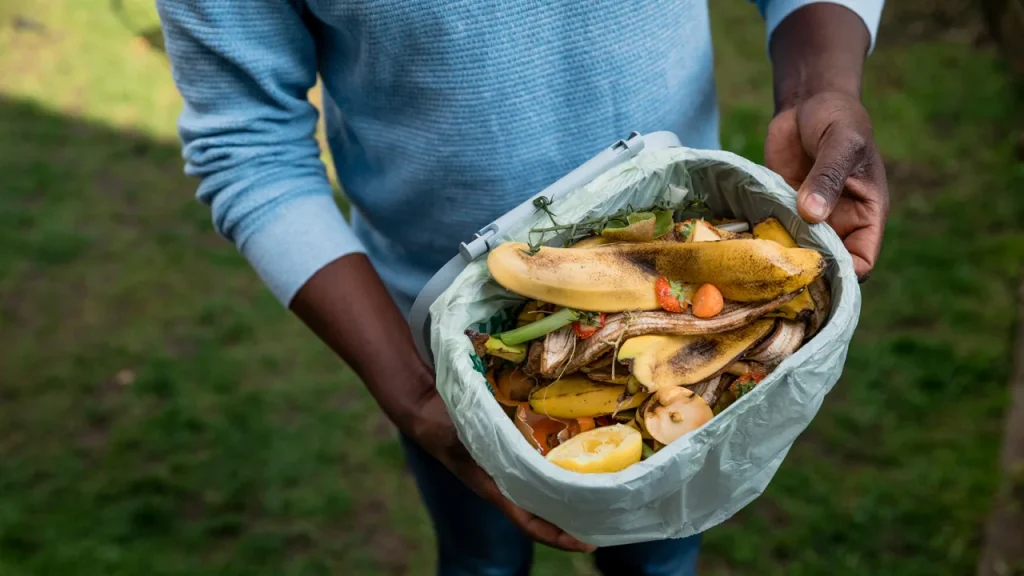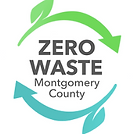We can all make a difference, and each even seemingly small change can add up to a big impact.
1. Better Food Planning: The smartest solution is to prevent food from being wasted in the first place. Sometimes this may be easier said than done. It requires time to plan menus and prepare them, a convenience that may not be available to everyone. Buying only what you need, when you need it; and repurposing or freezing leftovers as different meals can be time consuming, but at the same time can be rewarding from a creativity, culinary, and a cost perspective.
2. Better Food Scrap Management: Composting is a perfect way to “recycle” organic material including food waste. The county currently has a commercial program and four residential curbside collection pilots in place for composting. Until a longer term and county-wide solution comes to you, there are actions residents can take right now.
- Backyard composting may or may not be a viable option for you. If you have the space, it’s a simple way to sustainably manage your food scraps and divert them from the county garbage stream. More reading, including some Why’s and How-To’s are listed on this EPA website.
- If backyard composting isn’t practical for you, you may want to consider hiring a compost collection and recycling company. The link to the county’s website with a list of Food Scraps collectors can be found at this link. One other option is to store your compost (some neighbors keep it in their freezer) until you can take it to a drop-off center – Rockville and Gaithersburg both have residential food scrap drop-off locations at their city’s maintenance and public works facilities. You may find other locations in your daily rounds that accept compost such as at D.C. farmers markets or at MOMs Organic Market locations.
3. Volunteer to take action. Check out the opportunities on the Community Food Rescue site and on the Montgomery County Food Council.
4. Speak up. Let your farmers market know you’re interested in dropping off food scraps. Let your council member know you’re interested in composting or more food scrap drop-off locations.

Yes, food is only a part of our waste challenge, but it’s a large one where every pound of food diverted from a landfill makes us healthier. Preventing and reducing food waste can increase food security, promote resource conservation, and impact the drivers and effects of climate change. It’s also something that every household can take part in and directly benefit from.
